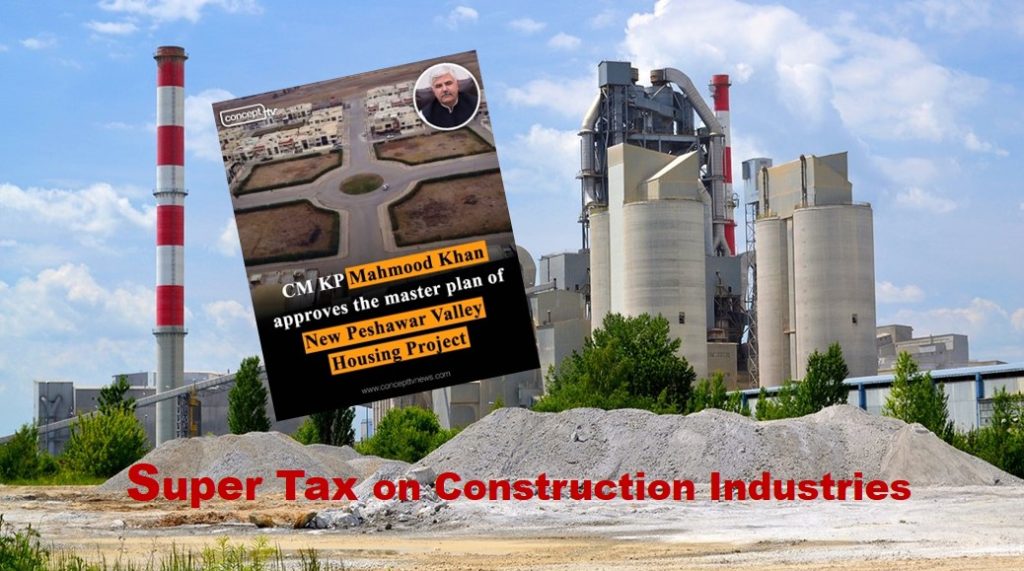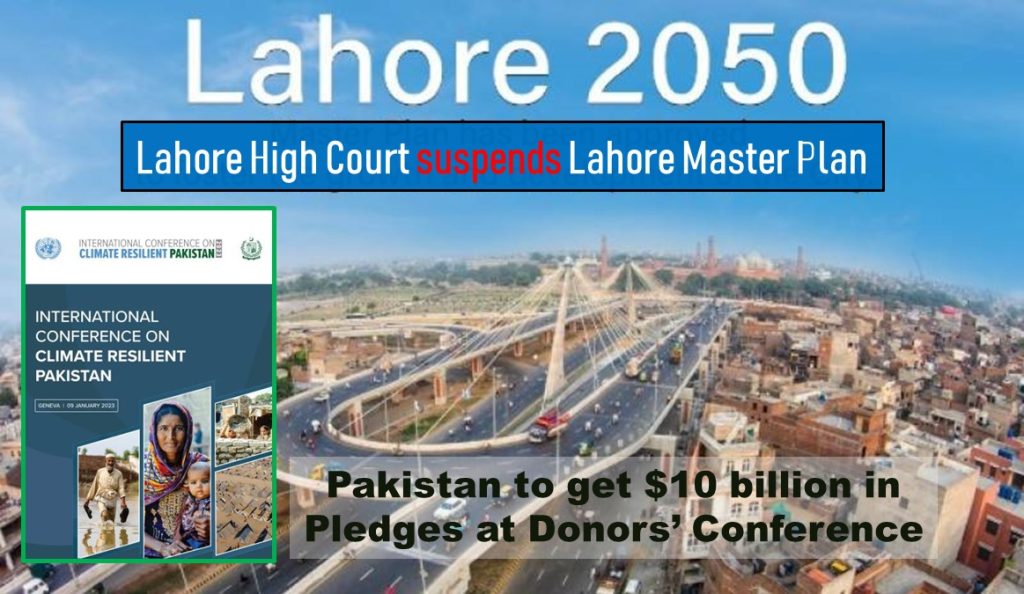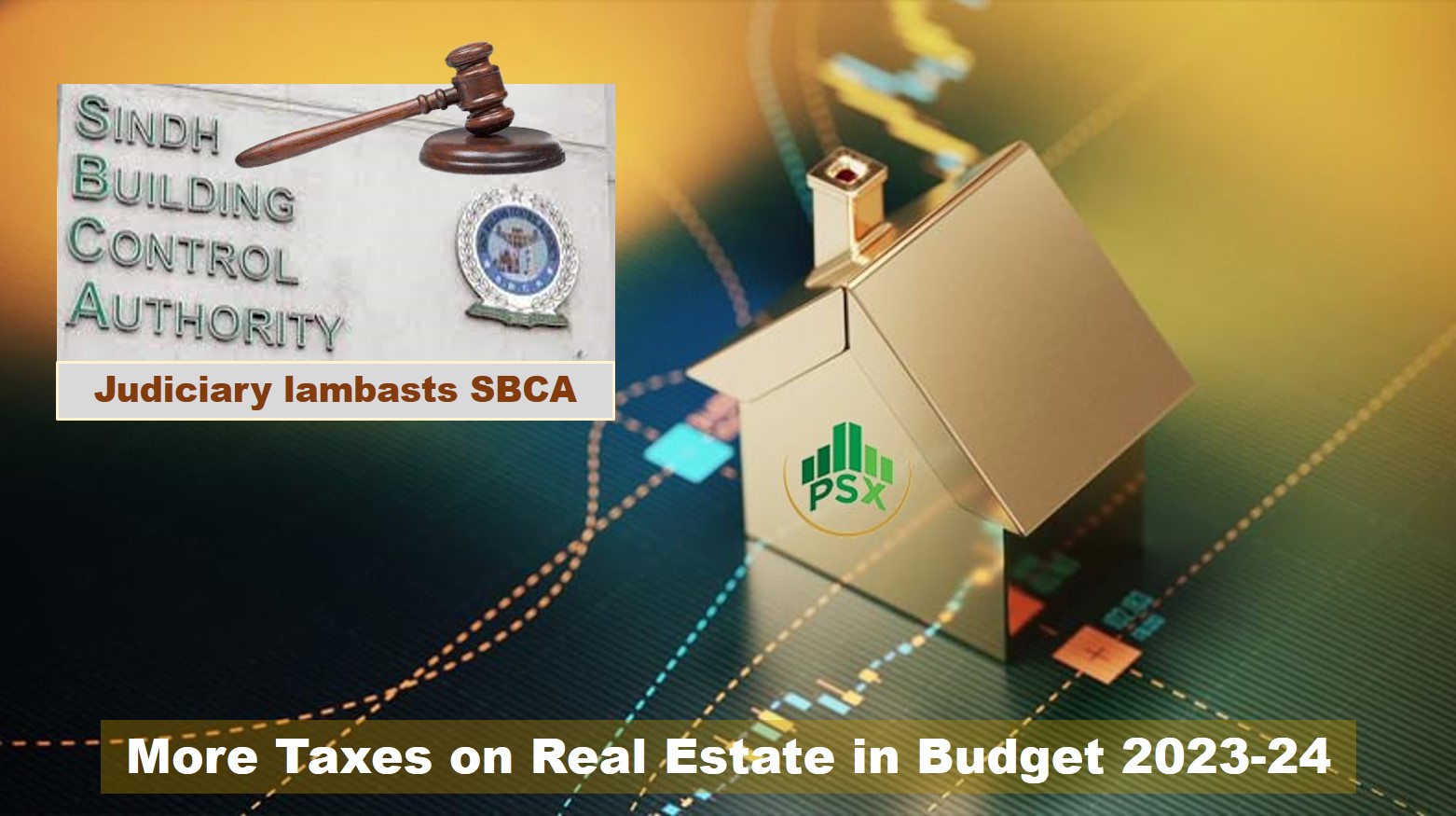2 July 2023
More Taxes on Real Estate in Budget 2023-24
Announcing the new taxation measures in line with IMF program, the government has further introduced new taxes through Finance Act 2023. Aiming to generate more Rs 45 billion, these new measures would likely affect builders, developers and other industries. The government, under pressure from the IMF, has reversed its previous decisions of June 9 by implementing revised amendments through the Finance Act 2023. The exemption that was initially introducedin the budget speech on June 9, allowing overseas Pakistani buyers or transferees to be exempt from advance tax, has now been reversed. The tax credit provided in the initial budget for construction of houses was also withdrawn.
The new measures include the implementation of advance income tax on builders and developers increasing tax on buying and selling of property by 1%. According to details, every person deriving income from the business of constructing and selling residential, commercial, or other buildings, as well as developing and selling residential, commercial, or other plots, will now be obligated to pay adjustable advance tax on a project-specific basis. This tax must be paid in four equal instalments throughout the tax year, based on the new notified tax rates. The government has linked filing of tax return and appearing on active taxpayer list for availing exemption from tax on deemed income under section 7E. By that any person involved in registering, recording, or attesting the transfer of any immovable property is prohibited from doing so unless the seller or transferor has fulfilled their Section 7E liability. The seller or transfer or must provide evidence of this fulfilment to the relevant person through the prescribed mode.
Judiciary lambasts SBCA
The Sindh High Court has lambasted at top officials of the Sindh Building Control Authority (SBCA) this week over their inaction against illegal constructions in Karachi. A two-judge bench comprising Justice Yousuf Ali Sayeed and Justice Mohammad Abdur Rahman ordered the SBCA to demolish illegal constructions in different parts of the city before the next hearing and file comprehensive reports. The bench in its order observed: “Each of the issues that have been highlighted in these orders confirm that there is a complete breakdown in the administration of the Sindh Building Control Authority which are nearly entirely internal issues and which are required to be addressed.”

The petitions were filed against illegal and unauthorised constructions in Nazimabad, Liaquatabad, Federal B Area, Azizabad and other parts of Karachi. The bench observed that performance of the Authority is totally unsatisfactory as there was no explanation as to how the structures had been raised in absence of approved plans and there was also no justification as to the time frame required for demolition of such illegal constructions. It further questioned as to why utility connections in respect of the buildings in questions had not been disconnected. The bench also ordered that the committee, said to be constituted to inquire about the officers responsible in issuing permission for the construction to continue in the absence of an approved layout plan, must submit its report, indicating the names of each officers responsible for allowing such illegal constructions. Besides, the bench directed the SBCA director general to appear on July 17 and explain as to why he should not be primarily held responsible for actions and omissions of all officers of the authority.
Judiciary trims Super Tax
In a major development, the Lahore High Court (LHC) has reduced the super tax on large corporations from 10% to 4% after declaring it discriminatory, but refused to annul the tax altogether. In 2022, the “super tax” was imposed in 2022 on 13 large-scale manufacturing units including construction industries as the government attempted to shore up revenues and support the poor amid rising inflation. Through an amendment to Section 4C of the Income Tax Ordinance, the super tax was imposed on the earnings from cement, steel, chemicals and other non-construction industries. But this week in an order, passed by LHC Justice Jawad Hassan on petitions seeking to strike down the tax, the Super Tax rate has been trimmed down.

The petitioners also challenged the amendment to the Income Tax Ordinance, 2001 introduced through the Finance Act, 2022 which imposed the super tax. The counsel for one of the petitioners argued that their client owned a limited company listed with the stock exchange and the year for which the tax was imposed already ended in December 2021. While the LHC noted that the Federal Board of Revenue counsel and other respondents were unable to demonstrate any rationale for the classification of industries on which super tax was imposed. The super tax is said to be one of the reason that the cement exports dipped by 20.18% during the 11 months this year from a year ago.
Fly-over Design changed to save Trees
Although, hours-long spells of heavy rain wreaked havoc in Lahore this week with massive urban flooding, but it must be an appreciating move that the design of the Gulshan-i-Ravi-Samanabad underpass project has been changed in a bid to avert uprooting of trees in compliance with the May 12 order of the Lahore High Court (LHC). “As per the actual design, th eunderpass road was supposed to merge the service lanes in the beginning, leaving the authorities with no option but to cut/ uproot the trees. But now, after a recent visit of the top authorities, we were asked to save the trees by all means in compliance with the court directions to take measures for the improvement of the environment,” the Lahore Development Authority`s project director briefs the media.

Giving details of the amendment to the design, the project director said it was initially proposed that service lanes would be merged at the beginning as soon as the underpass road comes at the existing ground level. Due to this, some trees were required to be either uprooted or cut. Therefore, the project team reviewed the design in consultation with the consultant (Nespak) and finally decided to amend the design. According to the initial plan, 70 trees were supposed to be cut according to the first design but it was revised, reducing the number of trees loss to 27.



